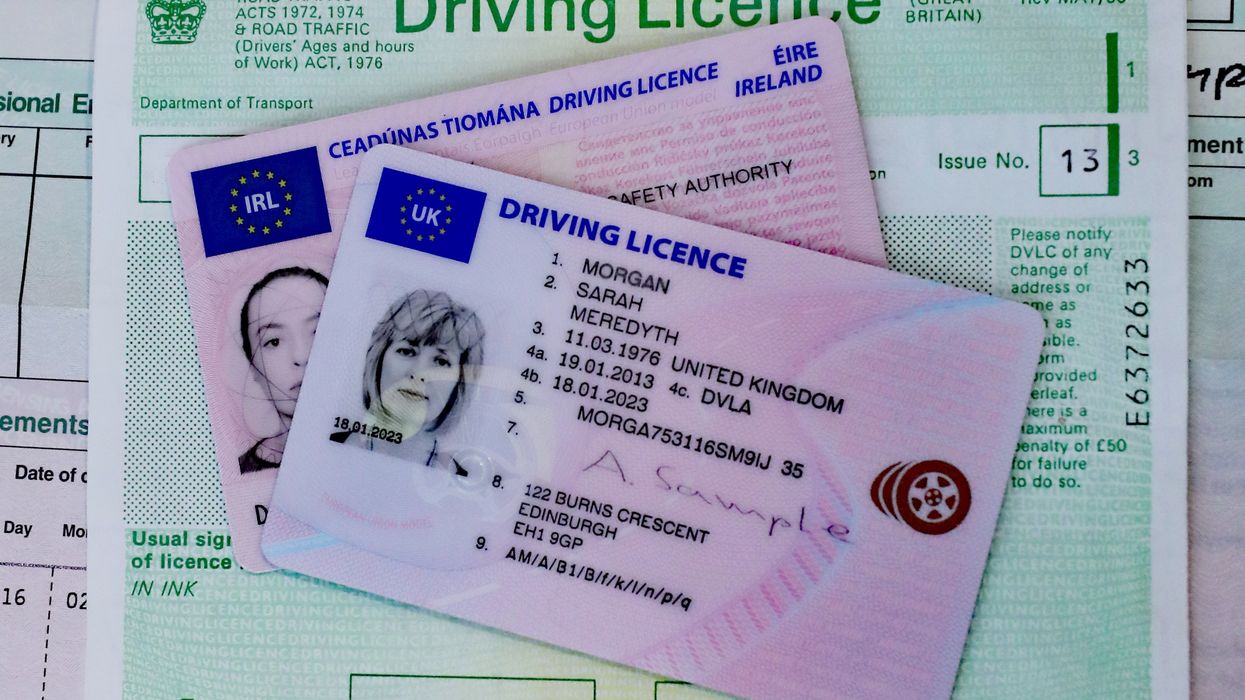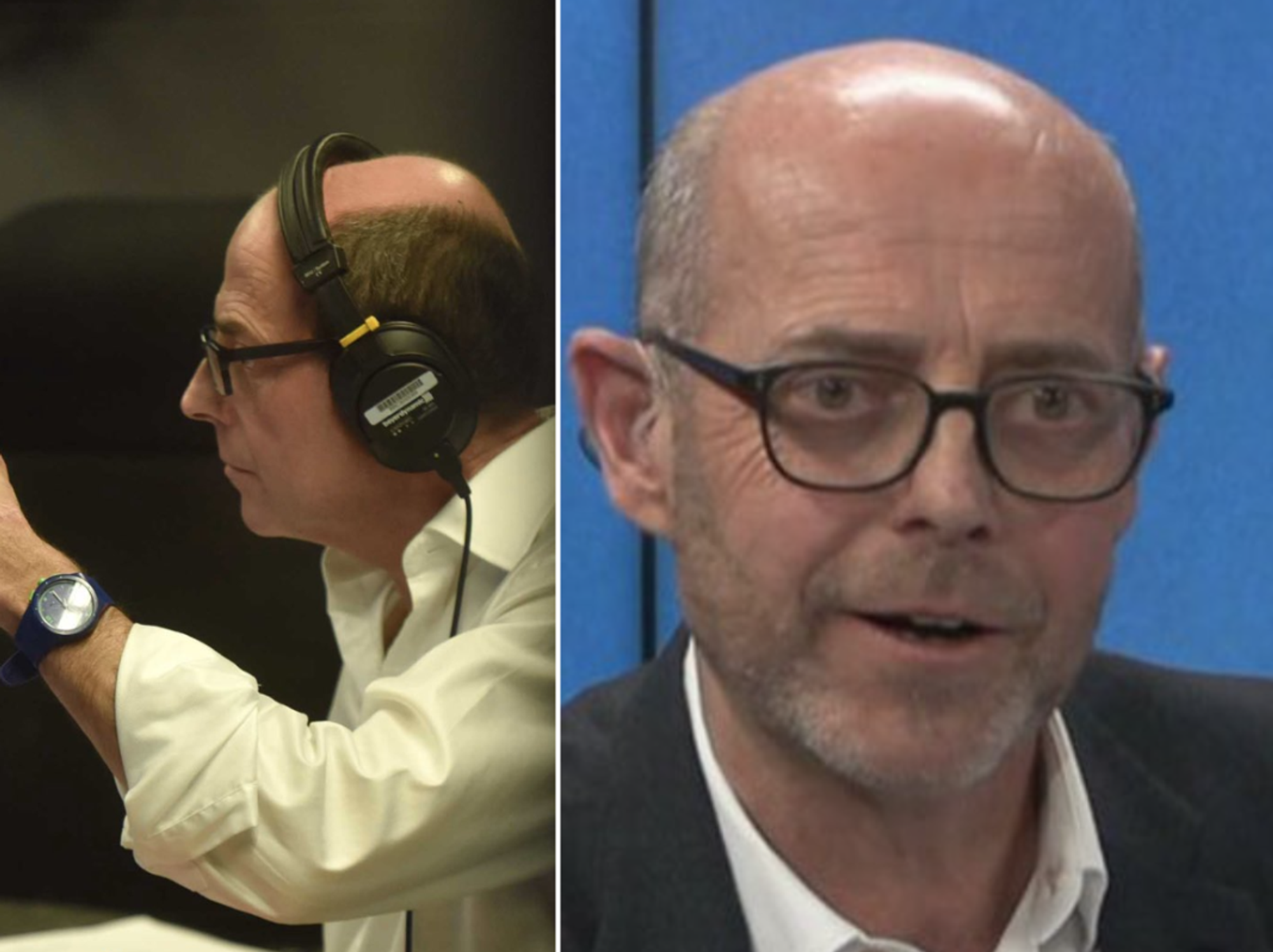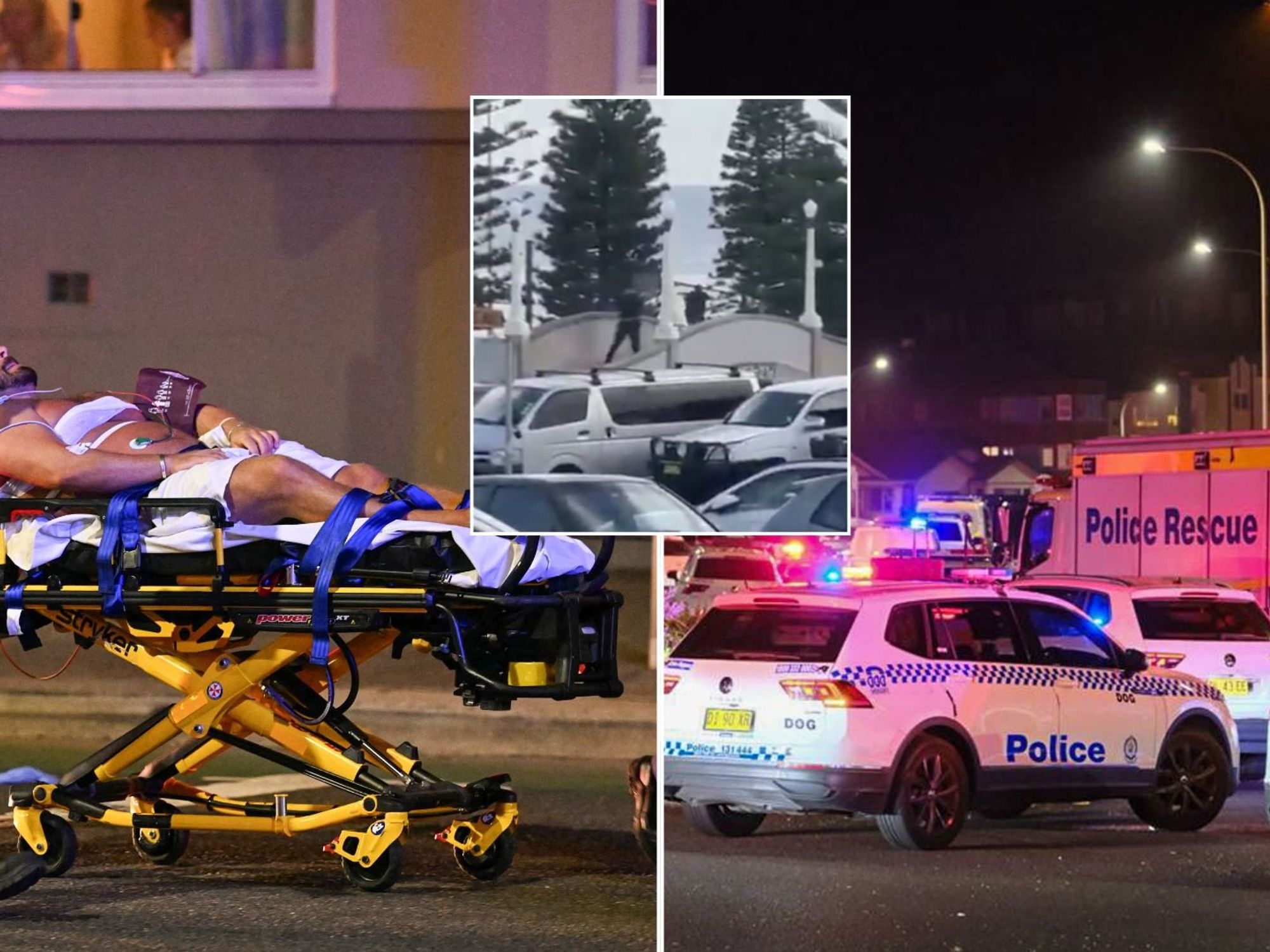Britons issued urgent warning as DVLA introduces new medical driving licence updates

The new medical condition changes have been unveiled today
|PA

Drivers can be handed a £1,000 fine for not disclosing their medical conditions to the DVLA
Don't Miss
Most Read
The DVLA has unveiled a number of changes to its "assessing fitness to drive" guide which could see some motorists impacted if they have medical conditions.
Motorists are required to tell the Driver and Vehicle Licensing Agency (DVLA) if they develop a "notifiable" medical condition or disability, or they have a condition that has worsened since getting their last licence.
The same must be done if a condition or disability has worsened since they got their licence. This could include diabetes, sleep apnoea, epilepsy and heart conditions.
The DVLA has recently updated its guidance for medical conditions when applying for their driving licences, to ensure all behind the wheel are safe on the roads.
Do you have a story you'd like to share? Get in touch by emailing motoring@gbnews.uk

Drivers could be fined for not reporting a medical condition to the DVLA
| GETTYMany of the new updates are particularly specific, including clarifying the description of cerebral amyloid angiopathy-related transient focal neurological episodes and the group two standard for carotid artery stenosis.
It has also amended the time required off driving in isolated subdural haematoma without traumatic brain injury, with drivers needing at least six months off.
The updates have also clarified the definition and standard of non-aneurysmal (including perimesencephalic) subarachnoid haemorrhage. It states that Britons must not drive and must notify the DVLA if they want to use a car, motorcycle, bus or lorry.
They can resume driving when they have received a clinical confirmation of recovery. Bus and lorry drivers will be considered for relicensing after six months if "comprehensive cerebrovascular (intercranial arterial) imaging" has excluded an aneurysm.
It has also changed the terminology from "behaviour disorders - including post-head injury, dissociative seizures" to "behavioural disturbances – including post-head injury".
The DVLA has defined controlled drinking as: "Drinking at a level and in a manner which their clinician confirms acceptably controls their alcohol use disorder and their alcohol use is unlikely to impact on personal, social, and work responsibilities."
Drivers who misuse alcohol persistently must not drive and must notify the DVLA. The licence will only be reconsidered after a minimum of six months of controlled drinking or abstinence.
The same must be done for bus and lorry (group two) drivers, although their licence will be refused or revoked until after one year of controlled drinking or abstinence.
The DVLA stated that the changes will help improve diagnostic clarity and reduce the abstinence period for drivers from ‘ongoing’ to set periods with monitoring.
Motorists with certain medical conditions will need to tell the DVLA about it via forms and questionnaires on the GOV.UK website.
Britons can be slapped with a fine of up to £1,000 if they do not tell the DVLA about a condition that may impact their ability to drive safely.
In certain extreme circumstances, motorists could be prosecuted if they have an accident, especially if their medical condition causes a serious accident.
LATEST DEVELOPMENTS:
- Drivers warned as 'fuel duty will increase by 10p' and pay-per-mile car tax changes could be launched in Budget
- Number plate changes launching this week could cause havoc as Britons don't know important rules
- Major car brand says electric vehicle battery targets are 'not set in stone' amid sales slump

Diabetes is one of the notifiable DVLA medical conditions
| PEXELSElderly drivers must tell the DVLA about notifiable conditions if they apply for their first licence or when they are renewing their licence if they are 70 and over.










